Isolated 5-V CAN transceiver
The ISO1050 is a galvanically isolated CAN transceiver that meets the specifications of the ISO11898-2 standard. The device has the logic input and output buffers separated by a silicon oxide (SiO2) insulation barrier that provides galvanic isolation of up to 5000 VRMS for ISO1050DW and 2500 VRMS for ISO1050DUB. Used in conjunction with isolated power supplies, the device prevents noise currents on a data bus or other circuits from entering the local ground and interfering with or damaging sensitive circuitry.
As a CAN transceiver, the device provides differential transmit capability to the bus and differential receive capability to a CAN controller at signaling rates up to 1 megabit per second (Mbps). The device is designed for operation in especially harsh environments, and it features cross-wire, overvoltage and loss of ground protection from –27 V to 40 V and overtemperature shutdown, as well as –12-V to 12-V common-mode range.
The ISO1050 is characterized for operation over the ambient temperature range of –55°C to 105°C._
Features for the ISO1050
- Meets the requirements of ISO11898-2
- 5000-V RMS isolation (ISO1050DW)
- 2500-V RMS isolation (ISO1050DUB)
- Fail-safe outputs
- Low loop delay: 150 ns (typical), 210 ns (maximum)
- 50-kV/µs typical transient immunity
- Bus-fault protection of –27 V to 40 V
- Driver (TXD) dominant time-out function
- I/O voltage range supports 3.3 V and 5 V microprocessors
- Safety-related certifications
- VDE approval per DIN EN IEC 60747-17 (VDE 0884-17)
- UL 1577 approved
CSA approved for IEC 61010-1, IEC 60601-1
- TUV Reinforced Insulation Approval for EN/UL/CSA 62368-1 (ISO1050DW-Only)
- CQC reinforced insulation per GB4943.1 (ISO1050DW-only)
- Typical 25-year life at rated working voltage (see application report SLLA197 and Life Expectancy vs Working Voltage)
4.9
12 views
Reviews


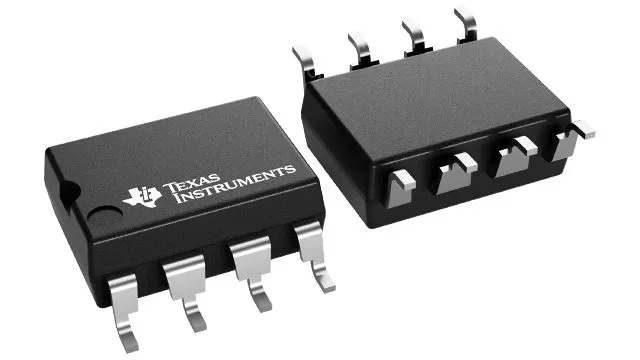
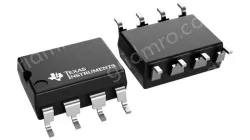



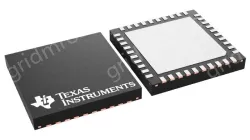
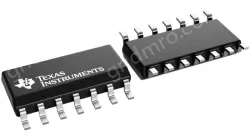
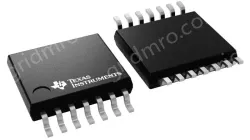
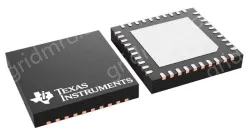
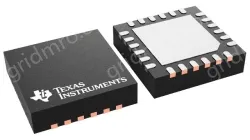
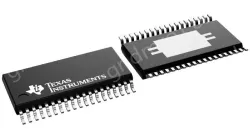
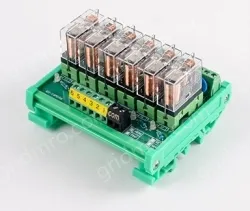
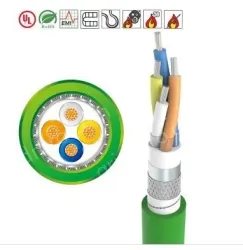

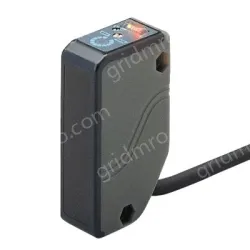
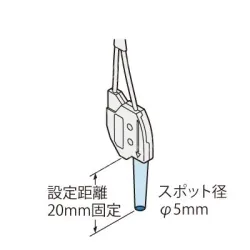
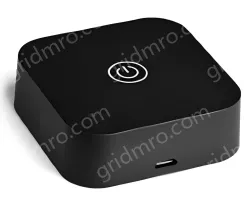
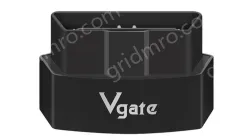
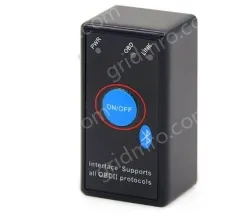
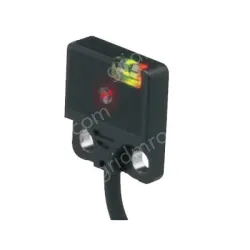
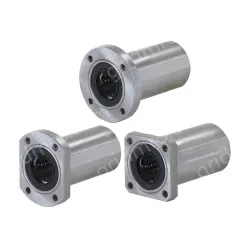
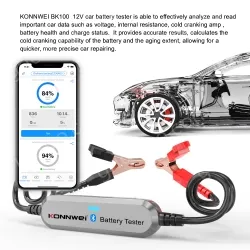
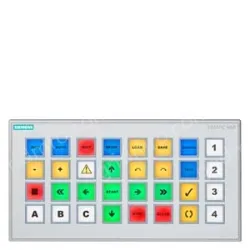
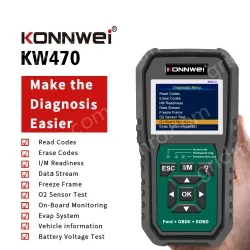
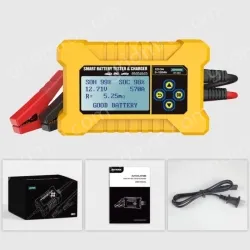
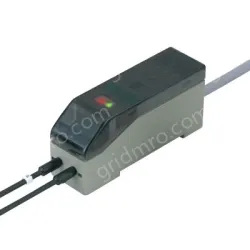
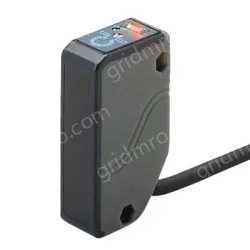
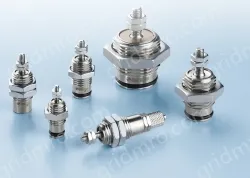


★ ★ ★ ★ ★ 16/08/2024
Good service!
(156)
★ ★ ★ ★ ★ 23/07/2024
Good!
(982)
★ ★ ★ ★ ★ 23/07/2024
Good quality!
(982)